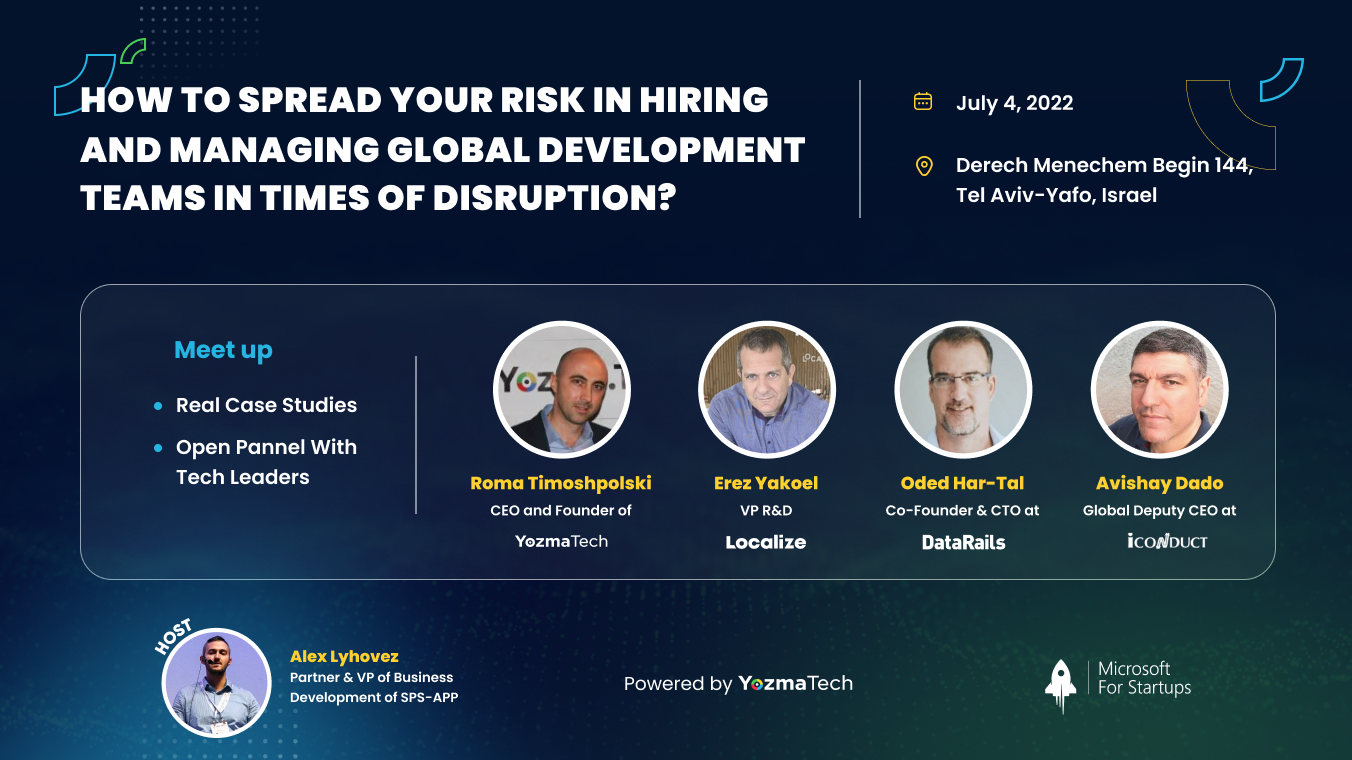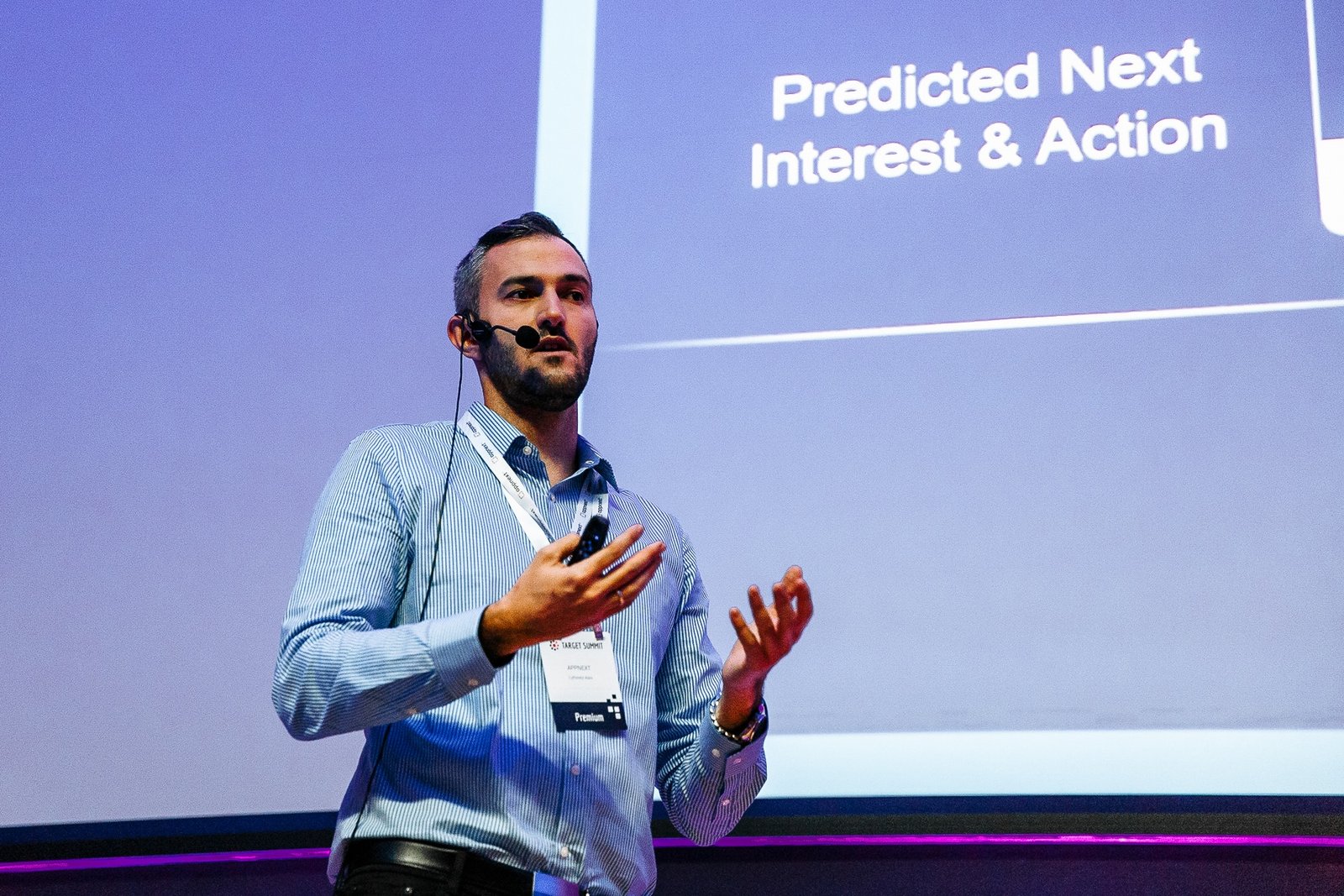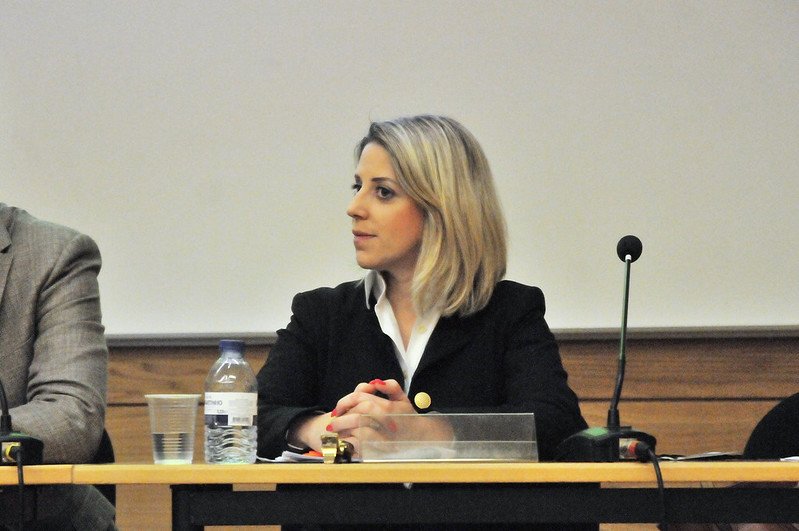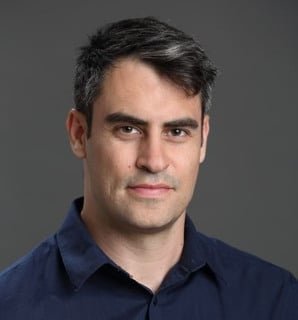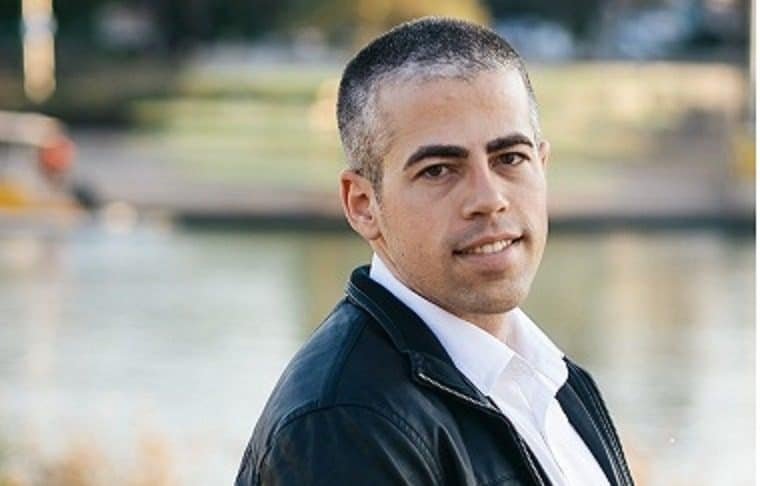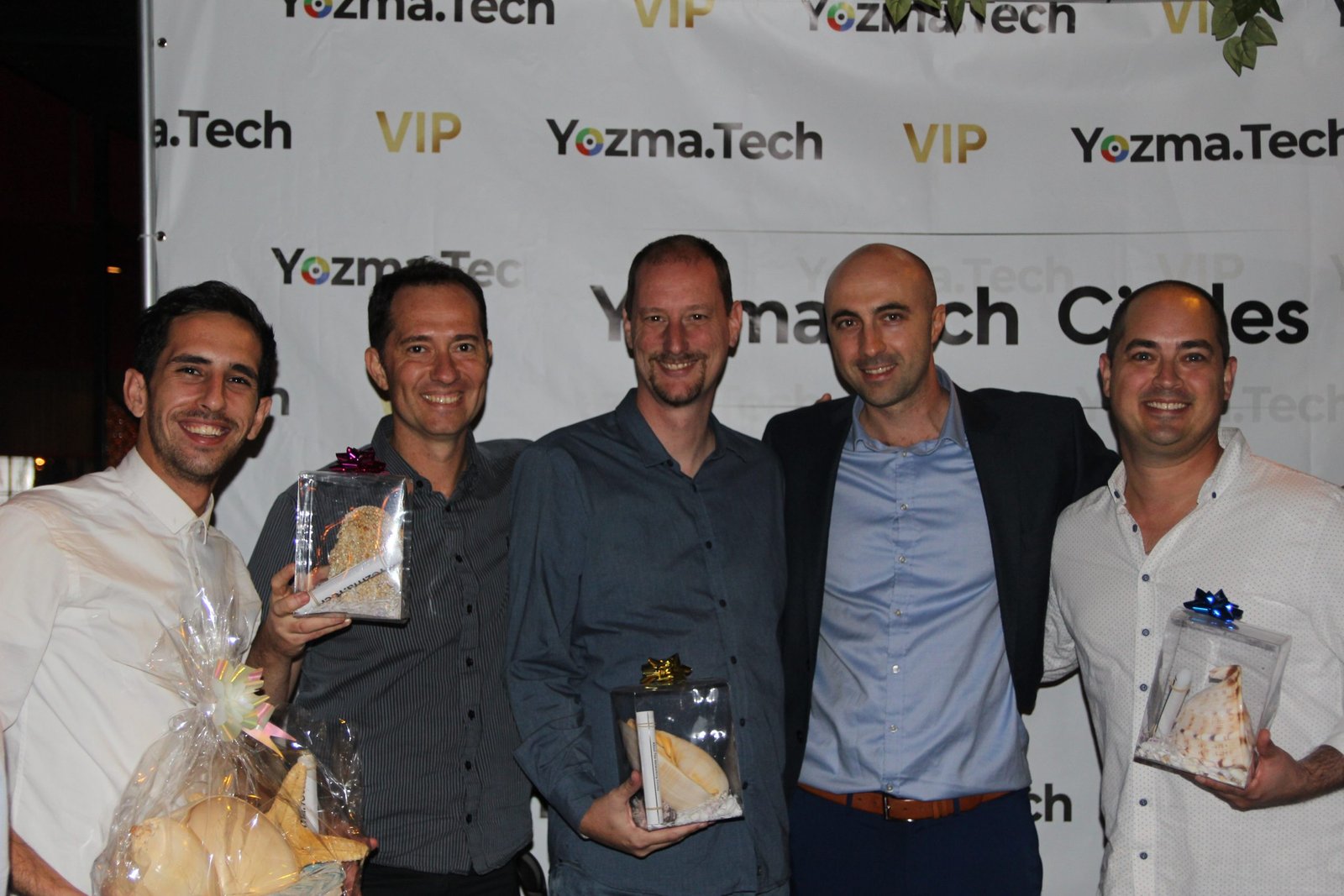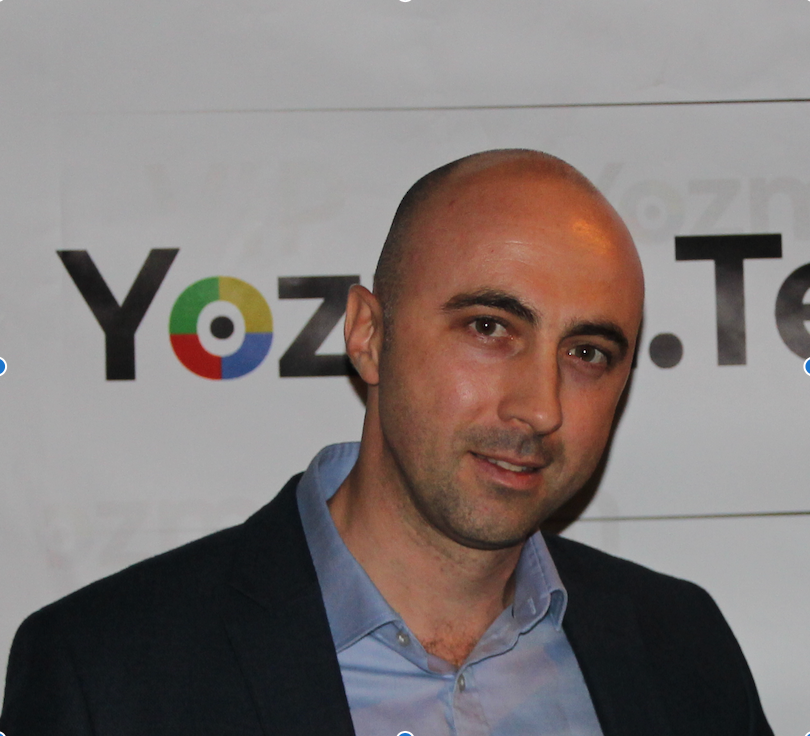
Interview with Eitan Tveria the founder of ETV Tech and Consultation
The founder of ETV Tech and Consultation on how he started technology business consulting.
How automation can save enterprises thousands of dollars, and what the biggest challenge of working with low-tech companies is.
Meet one of the top experts within YozmaTech circles: Eitan Tveria. With 10 years in project management, experience of applying state-of-the-art transportation technologies, Management Information Systems (MIS), profound knowledge of IT infrastructures, Cloud Migration, ERP, CRM, IoT, he can transform a company with obsolete business processes using the right tools, help an enterprise to write technological response to win a tender, and ensure business solutions comply with current Israeli legislation in the transportation field.
How did you start working as an independent technology business consultant?
In the past ten years, I have been in several management positions in technology companies. In 2009, I was assigned Chief Information Officer at Afikim – a public transportation company, then VP CIO of Egged – also in this field. And in 2017, I became Head of the Smart department of Bynet – the biggest provider of end-to-end integration solutions and services in Israel. So I have all the skills with information systems and infrastructures.
I wasn’t a regular CIO or CTO because at every company I was employed, I focused on business flows. If you interview a top manager of a company, they will probably say that a computing department, the MIS department, usually spends a lot of money. And it was very hard for me to realize that. So in every company, I built a budget and ROI for the projects I managed. And all the business development flows that I take to the digital world save considerable sums.
About a year ago, I decided to be a freelance consultant – not only for transportation companies and to be CTO or CIO as a service.
Today I work in three major fields – technology solutions, legal consulting, and municipal transportation. For instance, I cooperate with one municipality in Israel, and the goal is to introduce the smart city concept. But the budget is limited, so I provide services as a supplier to them as they cannot employ a full-time CIO or CTO.
Who are your clients and what problems can you help them solve?
For instance, now I am working on payroll automation. The company spends three days and needs two people to pay out salaries to employees. The new system will save 54 working hours a month.
The second example is a company that has a problem of coordinating the work of drivers as they don’t come to the office physically and are located in different areas of Israel. So we are building a mobile app where each driver can see a schedule for his mission.
Another big project is for a company that has all the hardware in the office, servers, etc., and we are transferring everything to the cloud. We buy infrastructure as a service from Managed Service Provider (MSP) that controls every aspect, such as security or data backup, as we don’t want to hire employees like sysadmins. So here I am responsible for the successful cloud migration.
When you need to produce a solution for a client, do you work alone or with partners?
I have several partners, and it’s important for me to give the best offer to my clients. So I cooperate with experts in every field and choose only those who can provide the best solution at the best price.
What is the biggest challenge in your work?
There are two types of companies – those which have a CTO or CIO and low-tech firms. In the first case, I will offer my service to these people directly. With the second type of company, usually, it is hard to reach them through Linkedin or other digital media. And in the first meeting, they don’t know how I can help them, how I can produce some value for their company.
The most difficult thing is to explain to them why they need me. So, on the one hand, it is challenging for me to sell to them, but on the other hand, they might need my services the most. These companies often operate in an old-fashioned manner, for instance, use Excel sheets, which have limited functionality. But with the help of BI software solutions, they can build KPIs and see the company performance in real-time.
How do you see the development of your company?
There are a lot of great technology tools in the world that I can import and localize in Hebrew. And this is where I want to be – represent this global software in Israel.
Also, provide consulting in other fields, not just transportation. For instance, now I have another client in the hospitality sphere. I sell RFID solutions to them together with my partner, who is the biggest supplier of RFID in Israel.
Do you think the demand for business consulting services will grow in the world, and in Israel in particular?
Of course, because everybody wants to improve productivity, save money, and solve problems that slow down business development, and a consultant can help choose the right tools and achieve all these goals during a short period of time.









